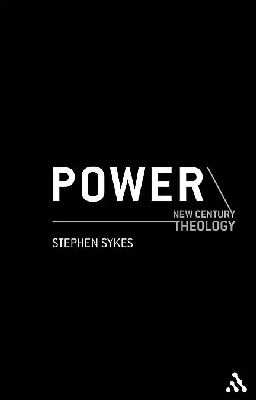
|
Posted January 11, 2007
Book: Power and Christian Theology Author: Stephen Sykes Continuum. New York. 2006. Pp. 180 An Excerpt from the Foreward:
The invocation of ‘spiritual power’ provokes further questioning. It has become unmistakably clear that the domestic life of the Church and the existence in it of sacramental or spiritual authority creates the conditions in which abuse can occur. Appalling cases of paedophile activity have been exposed and admitted in the Catholic Church in recent years. But a large penumbra of abusive activities have also been identified in other churches. These facts prompt the searching question, whether it is not the very existence of power which is the problem? An Excerpt from the Book: Power in the Church In his ‘Reflections in Retirement’ on the office of bishop, Archbishop Stuart Blanch cited a sentence, orally gleaned, he believed, from William Temple; ‘the acute institutional stage of the Church may well be over.’ it is not a remark to which any particular analysis is appended. But it expresses a certain unease which a distinguished and devoted Bishop and Archbishop felt about the contemporary construction of those offices. He quoted a prominent Roman Catholic theologian on the tradition embodied in the Gospel and letters of St. John, marked by a pronounced lack of interest in precedence or status. Then he added: This does not at all sound like the Holy Catholic Church we are familiar with. It is to secular society that that Church owes much of its distinctive patterns — the decision-making, the hierarchies, the appeal to tradition, the attitude to dissidents, the judicial procedures, its defense mechanisms. Such knowledge as we have of Johannine community must cause us to question our assumption about the great ecclesial institutions we have come to take for granted. They may not be indispensable . . . ‘Patterns of episcopacy’ will be different. Bishops might be seen as ‘apostles’ once more, leaders of mission rather than servants of a great institution, close to the ground rather than enthroned on high, primus inter pares rather than potentates. Table of Contents: 1. Power: an essay in definition 2. Power and Christian theology: a map 3. The affirmation of power 4. The rejection of power 5. Sociology and theology 6. Power and sacrifice 7. Power in the church |
|
